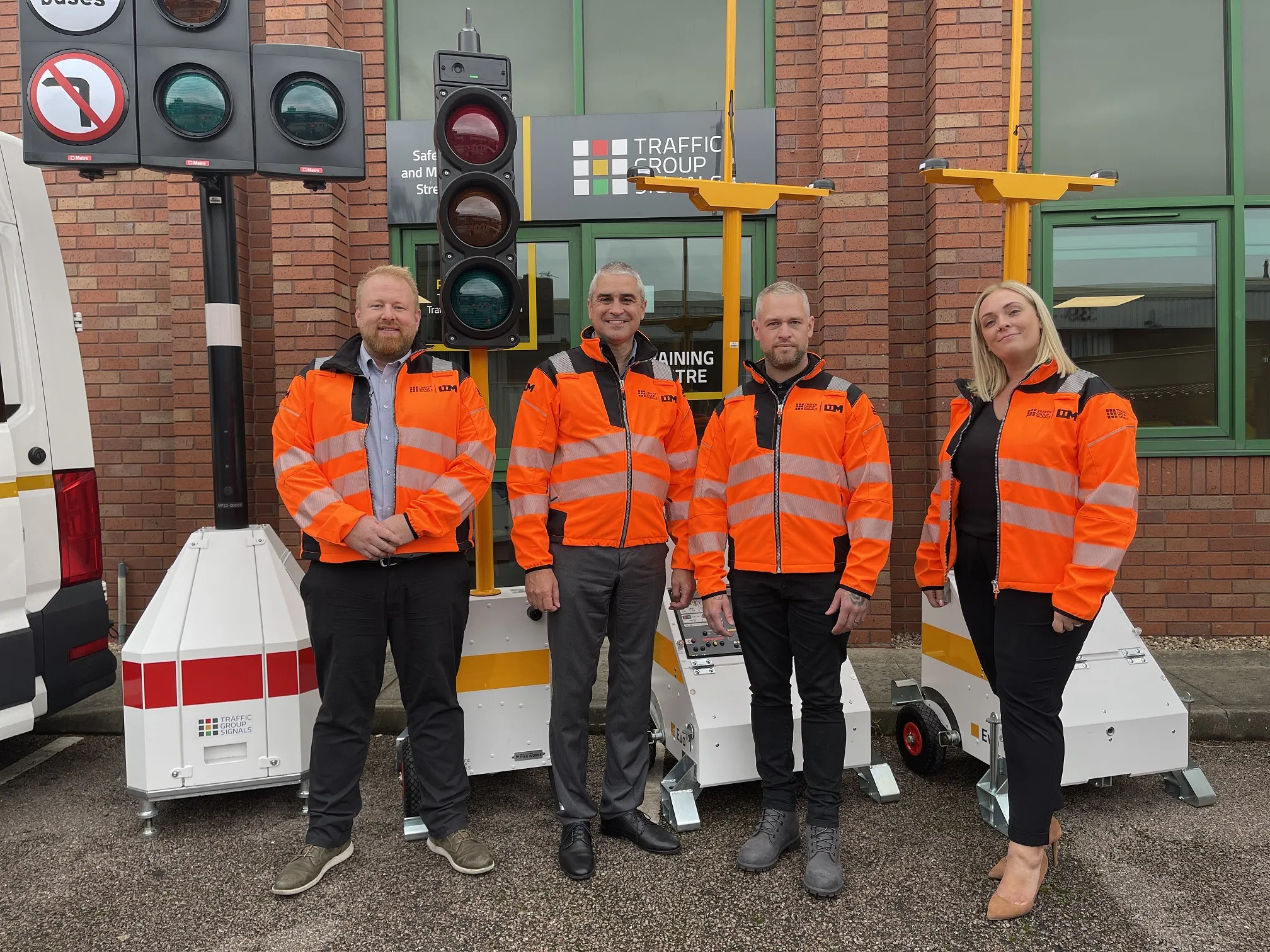
UK-based temporary signal specialist Traffic Group Signals (TGS) has acquired traffic management service provider LTM Design.
LTM's facilities will act as an operating hub for TGS, which is known for the Evo1, Metro and RadioConnect2 signal brands.
The company says the acquisition of LTM will deliver improved response and delivery times to customer sites in London and surrounding areas.
Pete Hutchinson, MD of Traffic Group Signals, says: "Following the growth of our Metro and Evo1 systems, our customers have been asking us to support them beyond our current capabilities."
The combined resources of both teams will increase capacity to support a greater number of Metro and Evo1 schemes and enable "round-the-clock" support.
LTM says it will continue to support its customers on current and future contracts, in addition to supporting TGS customers with product delivery, training and on-site support of Evo1 and Metro signal systems.
LTM MD Lee Philliskirk, says the firm "saw the acquisition as an opportunity to evolve how LTM operates as a business, finding new ways to deliver traffic management while making use of the latest technology".








